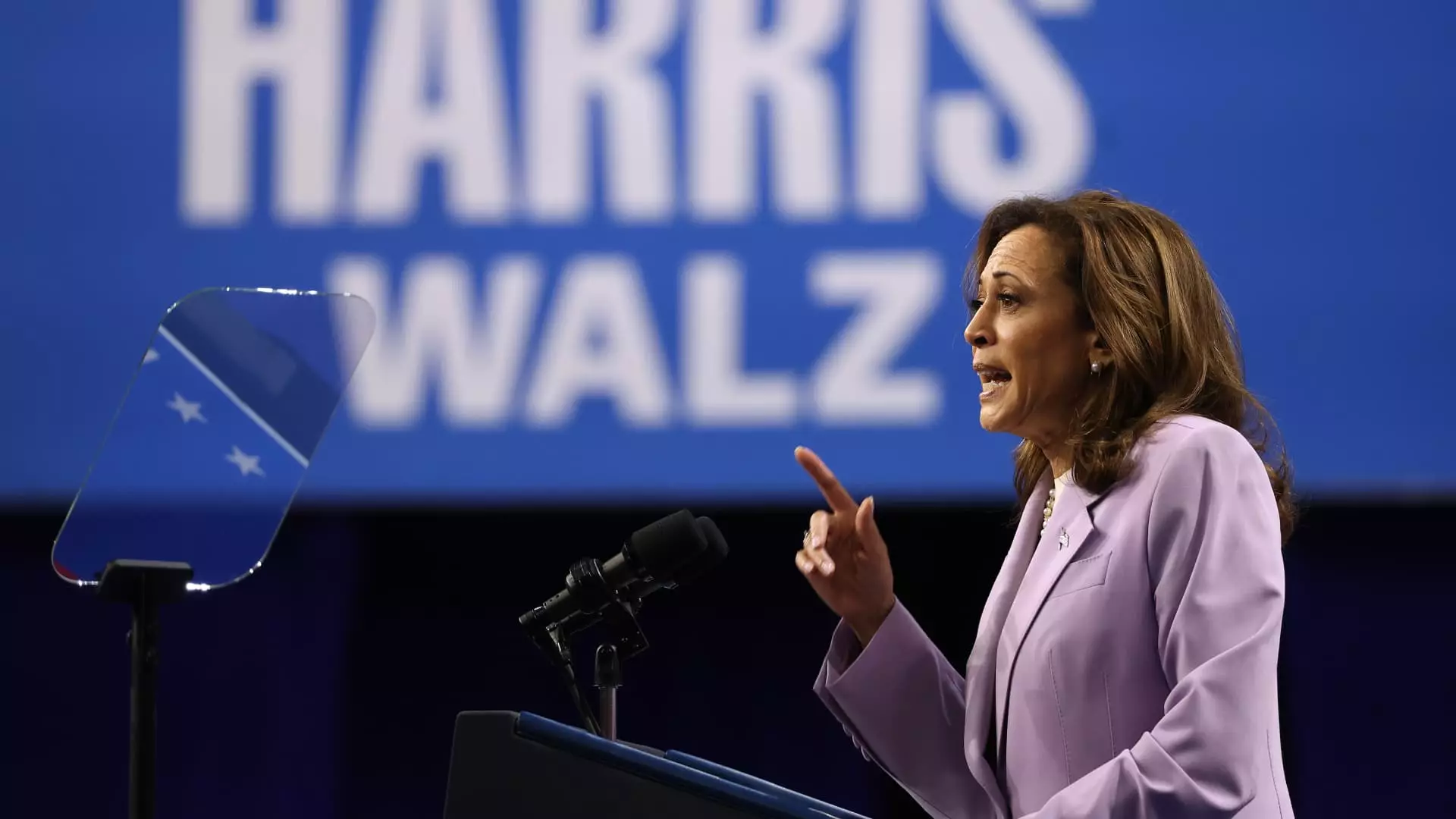Affordable housing is a critical issue that Vice President Kamala Harris seeks to tackle with her proposed economic policies. Her plan involves measures to reduce the costs associated with both owning and renting a home in the United States. One of the key components of her proposal is the construction of 3 million new housing units over the next four years, aimed at improving affordability in the housing market. Housing experts view this initiative as a positive step towards addressing the current challenges of affordability in the U.S.
One of the main strategies in Harris’s plan is to incentivize homebuilders to sell starter homes to first-time buyers through a proposed tax credit. This approach is designed to promote the creation and rehabilitation of homes in distressed communities. However, some experts have expressed skepticism about the effectiveness of this incentive, particularly in terms of its ability to address the underlying supply issues that contribute to housing affordability.
One of the challenges highlighted by experts is the difficulty of defining what constitutes a “starter home.” Various factors such as labor costs, land costs, borrowing costs, and material costs can significantly impact the affordability of homes, making it hard to establish a universal definition of a starter home. The variation in price points across different markets further complicates the issue, as what may be considered affordable in one region could be prohibitively expensive in another.
Harris’s housing plan also includes a $40 billion innovation fund aimed at empowering local governments to address housing challenges at the grassroots level. While the intention behind this fund is noble, there are concerns about its feasibility and effectiveness. Experts question the federal government’s ability to influence local housing policies and note that the high cost of the innovation fund could limit its bipartisan support in Congress.
Another aspect of Harris’s plan is to provide down-payment assistance to first-time homebuyers, with additional support for qualifying first-generation homeowners. While this proposal aims to make homeownership more accessible, critics argue that it may exacerbate demand without addressing the underlying supply issues. Without comprehensive financial literacy programs, there are concerns about the potential increase in defaults among recipients of down-payment assistance.
To address the challenges faced by renters, Harris has proposed two pieces of legislation: The Stop Predatory Investing Act and The Preventing the Algorithmic Facilitation of Rental Housing Cartels Act. These bills aim to protect renters by removing tax benefits for large property owners and cracking down on companies that manipulate rental prices using algorithmic systems. While these measures are intended to safeguard the interests of renters, their effectiveness in addressing broader housing affordability issues remains uncertain.
While Vice President Kamala Harris’s affordable housing plan represents a step in the right direction, there are significant challenges that need to be overcome to ensure its success. Addressing the underlying supply issues, defining clear parameters for affordable housing, and garnering bipartisan support for legislative initiatives are critical components that must be carefully considered. Without a comprehensive and collaborative approach, the goal of making housing more affordable for all Americans may remain elusive.


Leave a Reply